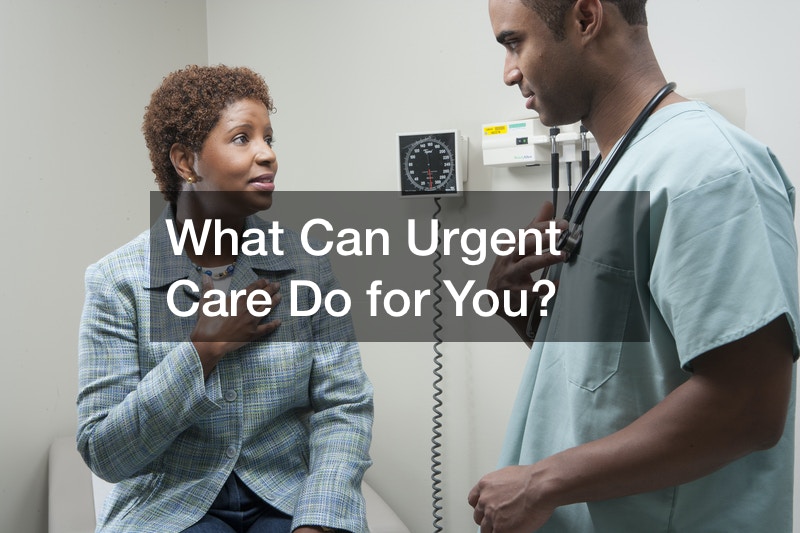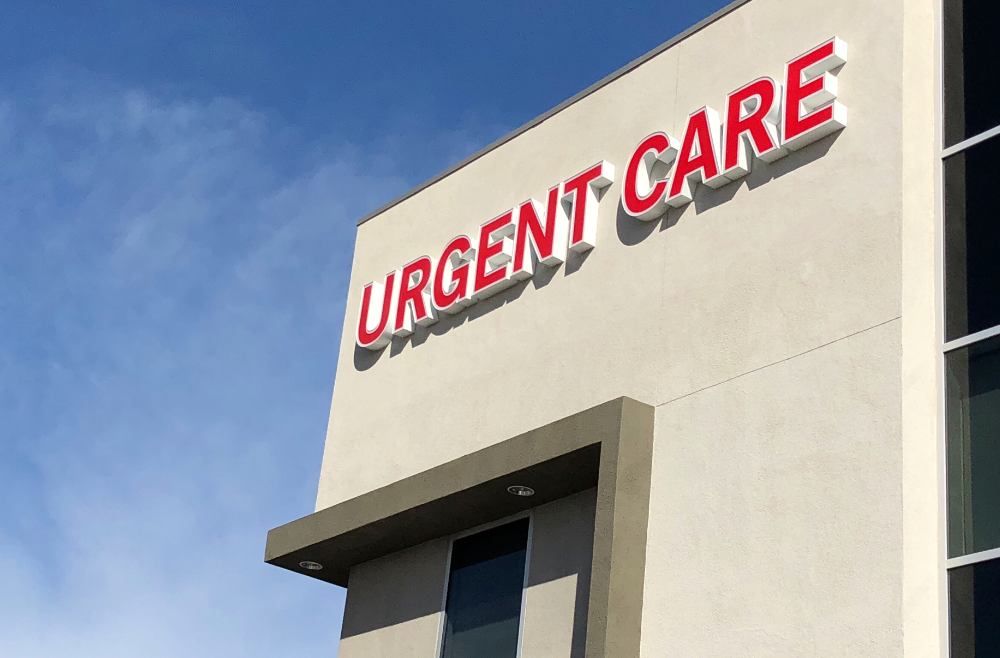can urgent care give referrals
Urgent Care Centers Deter Some Emergency Department Visits, But Costs
Urgent care centers provide a convenient alternative for individuals seeking immediate medical attention for non-life-threatening conditions. These centers have gained popularity in recent years due to their accessibility and shorter wait times compared to emergency departments. However, despite their numerous benefits, many people still have questions about urgent care centers. In this article, we will address twelve of the most commonly asked questions regarding urgent care.
1. How do urgent care centers differ from emergency departments?
Urgent care centers differ from emergency departments in several ways:
- Urgent care centers are designed to treat non-life-threatening illnesses and injuries, while emergency departments handle life-threatening situations.
- Emergency departments are open 24/7, whereas urgent care centers typically have extended hours and may not operate overnight.
- Urgent care centers often have shorter wait times than emergency departments.
- Emergency departments are equipped with specialized medical equipment and staff to handle critical emergencies.
It's essential to understand the distinction between urgent care centers and emergency departments to ensure you seek appropriate care based on your medical needs.
2. What conditions can be treated at urgent care centers?

Urgent care centers can effectively treat a wide range of non-life-threatening conditions, including:
- Minor injuries like sprains, strains, and fractures
- Allergies and allergic reactions
- Colds, coughs, and flu-like symptoms
- Infections, including urinary tract infections and ear infections
- Minor burns and cuts
- Minor allergic reactions or rashes
- Minor breathing difficulties
- Strep throat and other simple infections
- Skin irritations, infections, and rashes
- Minor eye injuries and infections
- Headaches and migraines
- And more
However, for severe or life-threatening conditions, it is essential to seek immediate medical attention at an emergency department.
3. How much does it cost to visit an urgent care center?
The cost of visiting an urgent care center may vary depending on factors such as location, services provided, and insurance coverage. Typically, urgent care visits are more affordable compared to emergency department visits. The average cost without insurance ranges from $100-$200 for basic medical treatment.
It's important to check with your insurance provider regarding coverage for urgent care visits to understand your out-of-pocket expenses.
4. Will I be seen by a doctor at an urgent care center?
Yes, urgent care centers are staffed by qualified healthcare professionals, including doctors, physician assistants, and nurse practitioners. These professionals can diagnose and treat various medical conditions effectively.
However, it's worth noting that the specific medical staff at each urgent care center may vary. It is always a good idea to check the credentials and qualifications of the healthcare professionals working at your chosen urgent care center.
5. Do I need an appointment to visit an urgent care center?
Most urgent care centers operate on a walk-in basis, meaning you do not need an appointment to be seen. This provides convenience for individuals who require immediate medical attention without the need for scheduling in advance.
However, some urgent care centers may offer the option to book appointments online to reduce waiting times further.
6. Can urgent care centers prescribe medication?
Yes, urgent care centers can prescribe medication to treat various conditions. Healthcare professionals at these centers evaluate your symptoms, diagnose the underlying problem, and prescribe appropriate medication if necessary.
It's always important to provide a comprehensive medical history and disclose any existing medications or allergies to ensure safe and accurate prescription.
7. Can urgent care centers perform diagnostic tests?
Urgent care centers are equipped to perform a range of diagnostic tests, including:
- X-rays for fractures and sprains
- Strep throat swabs
- Basic blood tests
- Urinalysis for urinary tract infections
- Pregnancy tests
- Flu tests
These diagnostic tests aid in the accurate diagnosis and treatment of various medical conditions at urgent care centers.
8. Can I get stitches or sutures at an urgent care center?
Yes, urgent care centers can provide stitches or sutures for minor cuts and wounds that require closure. Healthcare professionals at these centers are experienced in wound care and can effectively treat and suture wounds to promote healing and reduce the risk of infection.
9. What if I have a chronic condition? Can I still go to an urgent care center?
While urgent care centers primarily focus on treating acute, non-life-threatening conditions, they often serve individuals with chronic conditions that need immediate attention. Urgent care centers can help manage acute exacerbations of chronic conditions or provide necessary care when your primary care physician is unavailable.
If you have a chronic condition, it's advisable to inform the urgent care center about your medical history and any ongoing treatments you are receiving. This information will help the healthcare professionals make informed decisions about your medical care.
10. Can children be taken to urgent care centers?
Yes, urgent care centers are well-equipped to provide medical care for children of all ages, from infants to adolescents. Pediatric urgent care services are designed to meet the unique needs of children, addressing a wide range of conditions from minor injuries to respiratory infections.
Healthcare professionals at pediatric urgent care centers have specialized knowledge and training in pediatric care, ensuring your child receives appropriate and comprehensive treatment.
11. Will my insurance cover urgent care visits?
Many insurance plans cover urgent care visits, but it's essential to check with your specific insurance provider to understand the coverage details. Some insurance plans may require a co-payment or have specific limitations on coverage.
Before visiting an urgent care center, contact your insurance company or review your policy to ensure you understand the financial responsibilities associated with urgent care visits.
12. When should I go to the emergency department instead of an urgent care center?
While urgent care centers are ideal for non-life-threatening conditions, there are instances where it is crucial to go to an emergency department. You should seek emergency medical care for:
- Chest pain or severe abdominal pain
- Sudden numbness or weakness in the face, arm, or leg
- Difficulty breathing or shortness of breath
- Severe allergic reactions, such as difficulty swallowing or breathing
- Severe burns or deep wounds
- Head injuries with loss of consciousness or confusion
- Signs of a stroke or heart attack
- Seizures or convulsions
- Severe mental health crises
It's crucial to trust your instincts and seek emergency care when you or someone else's life is in immediate danger.
In conclusion, urgent care centers provide a valuable healthcare option for individuals seeking prompt treatment for non-life-threatening conditions. They offer convenience, shorter wait times, and comprehensive medical care. Understanding the scope, benefits, and limitations of urgent care centers can help you make informed decisions about your healthcare needs.
